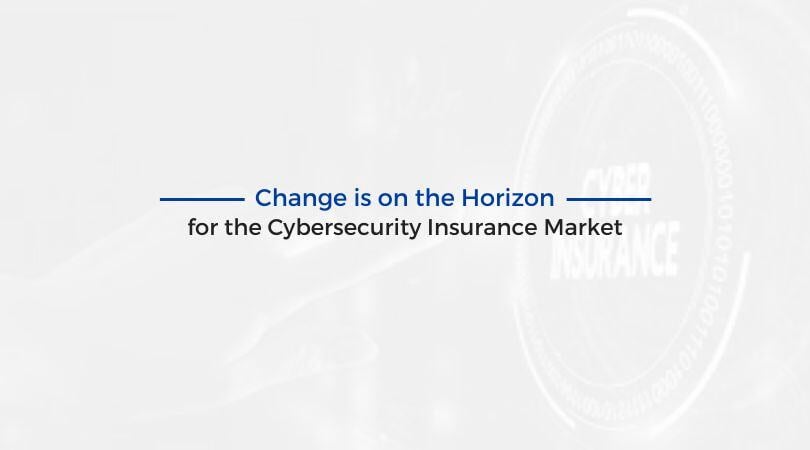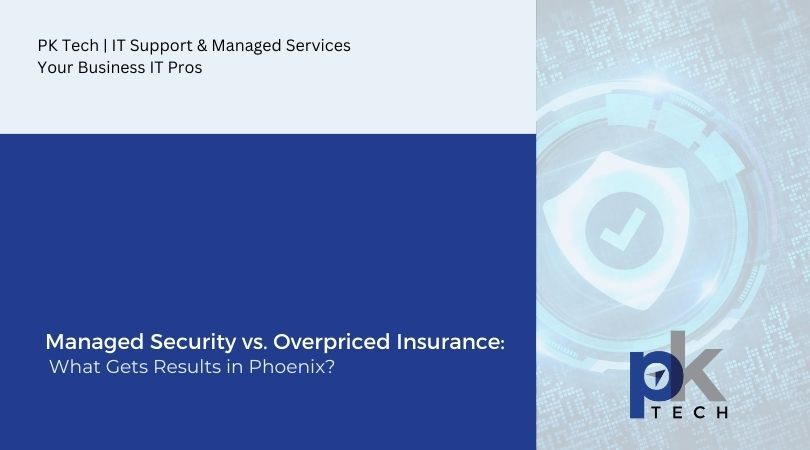Do I need Cybersecurity Insurance for my business?
If these are questions you’ve asked yourself, this blog is for you.
3 min read
Megan Schutz : December 7, 2024

Along with the constant evolution of cybersecurity, the cybersecurity insurance market is also seeing change coming down the pipeline. As organizations grapple with ever-increasing cyber threats, the need for robust insurance coverage has become increasingly important. The cybersecurity insurance landscape is far from static, and recent years have seen significant changes in this industry. In this blog, we’ll explore the evolving landscape of cybersecurity insurance, the factors driving these changes, and what businesses should consider when navigating this complex market.
The digital age has ushered in unprecedented opportunities for businesses, but it has also given rise to a new breed of threats. Cyberattacks are becoming more sophisticated and frequent, targeting not only large corporations but also small and medium-sized enterprises (SMEs). Ransomware attacks, data breaches, and other cyber incidents can have devastating financial and reputational consequences. As a result, the demand for cybersecurity insurance has surged.
2021 alone saw the most recorded data breaches in history. In just Q1 of 2022, breaches were up 14% from the previous year.
If you’re in the market for cybersecurity insurance coverage but unclear about what a policy will cover, these are typical costs that cybersecurity insurance policies will cover:
Whether you already hold a cybersecurity insurance policy or are considering one for your business, it will be wise to understand the change and evolution on the horizon for the cybersecurity insurance market.
For businesses navigating the changing landscape of cybersecurity insurance, several key considerations should be kept in mind:
While the market offers a broader range of options than ever before, it’s essential to approach cybersecurity insurance as a proactive risk management tool rather than a mere financial safety net.
If you have questions about acquiring cybersecurity insurance, PK Tech is here to help. Contact our team here.

If these are questions you’ve asked yourself, this blog is for you.

Cyber threats are no longer a distant possibility for Phoenix-based businesses. The risk of cyber threats is a daily reality, especially for...

We’ve talked about cyber insurance. One significant takeaway from our blogs on this subject was to not ignore cybersecurity just because you have...